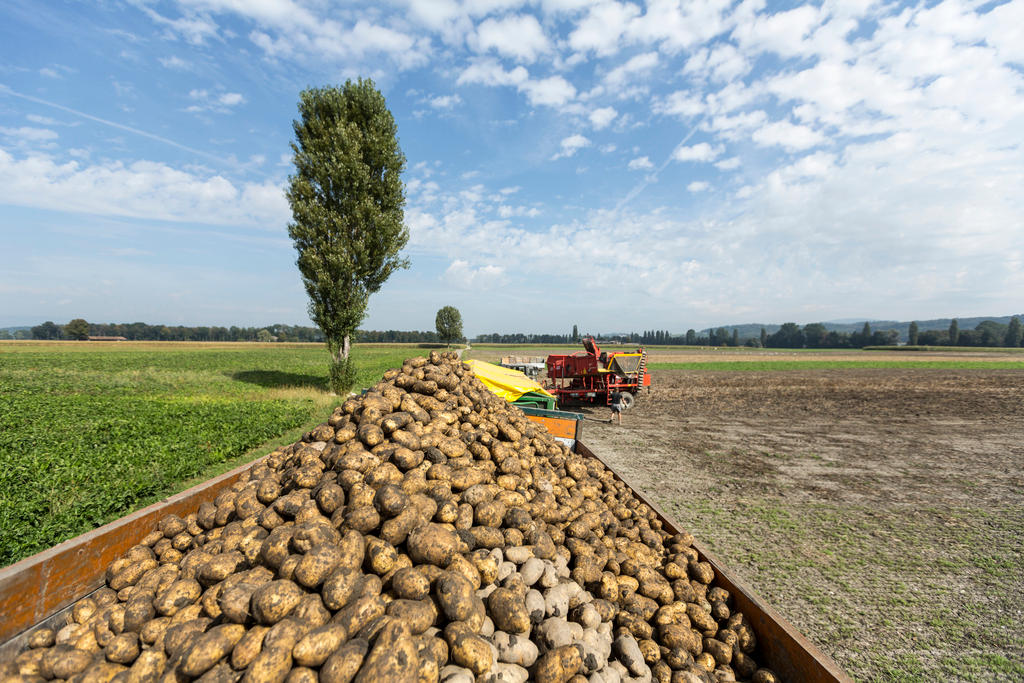
Switzerland pledges millions to global agriculture research

Swiss support for CGIAR, previously known as the Consultative Group on International Agricultural Research, will be renewed for the next two years to the tune of CHF33 million ($33.4 million).
On Friday, the Swiss Federal Council decided to allocate CHF16.55 million per year to Montpelier-based CGIAR for 2020 and 2021. The organisation is the world’s largest agricultural innovation network with 15 centres worldwide and around 8,000 scientists and other staff.
“The CGIAR is one of the 15 priority organisations for Switzerland’s engagement in multilateral development cooperation,” said a government statement on FridayExternal link.
Investing in CGIAR is one way Switzerland contributes to global food security and the 2030 Agenda goal of eradicating poverty and hunger by 2030. Switzerland is also on the CGIAR board and is lobbying for more research into sustainable and diversified farming techniques. Swiss researchers also carry out joint projects with CGIAR like providing rural farmers organic waste from urban areas to create a circular economy.
“In many countries, climate change, land degradation and water scarcity create problems for agricultural production, economic development, the provision of food and sustainable development. The same is true for Switzerland, which imports 52% of its food, including many products from developing countries, such as everyday foodstuffs like bananas, rice and coffee,” the government statement added.

More
The privileges of being a farmer in Switzerland

In compliance with the JTI standards
More: SWI swissinfo.ch certified by the Journalism Trust Initiative


























You can find an overview of ongoing debates with our journalists here . Please join us!
If you want to start a conversation about a topic raised in this article or want to report factual errors, email us at english@swissinfo.ch.